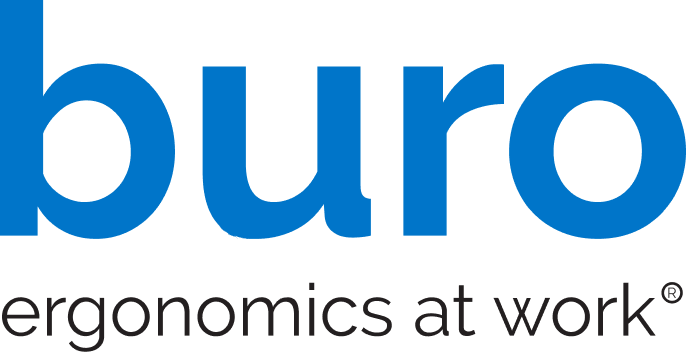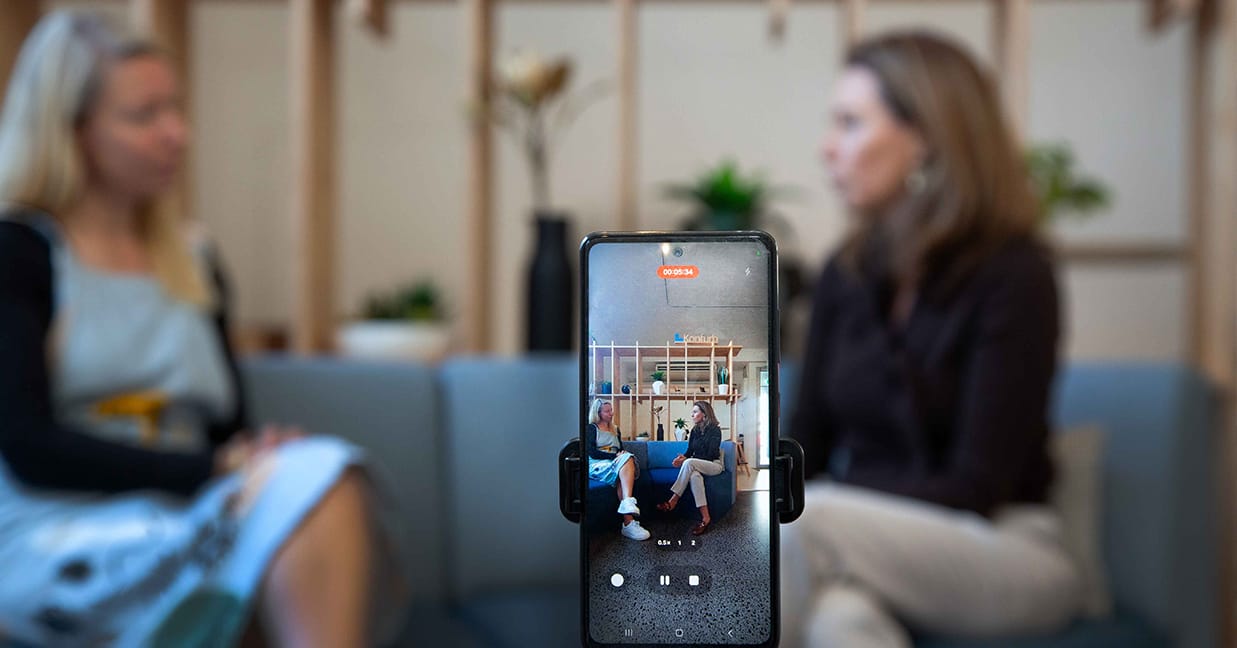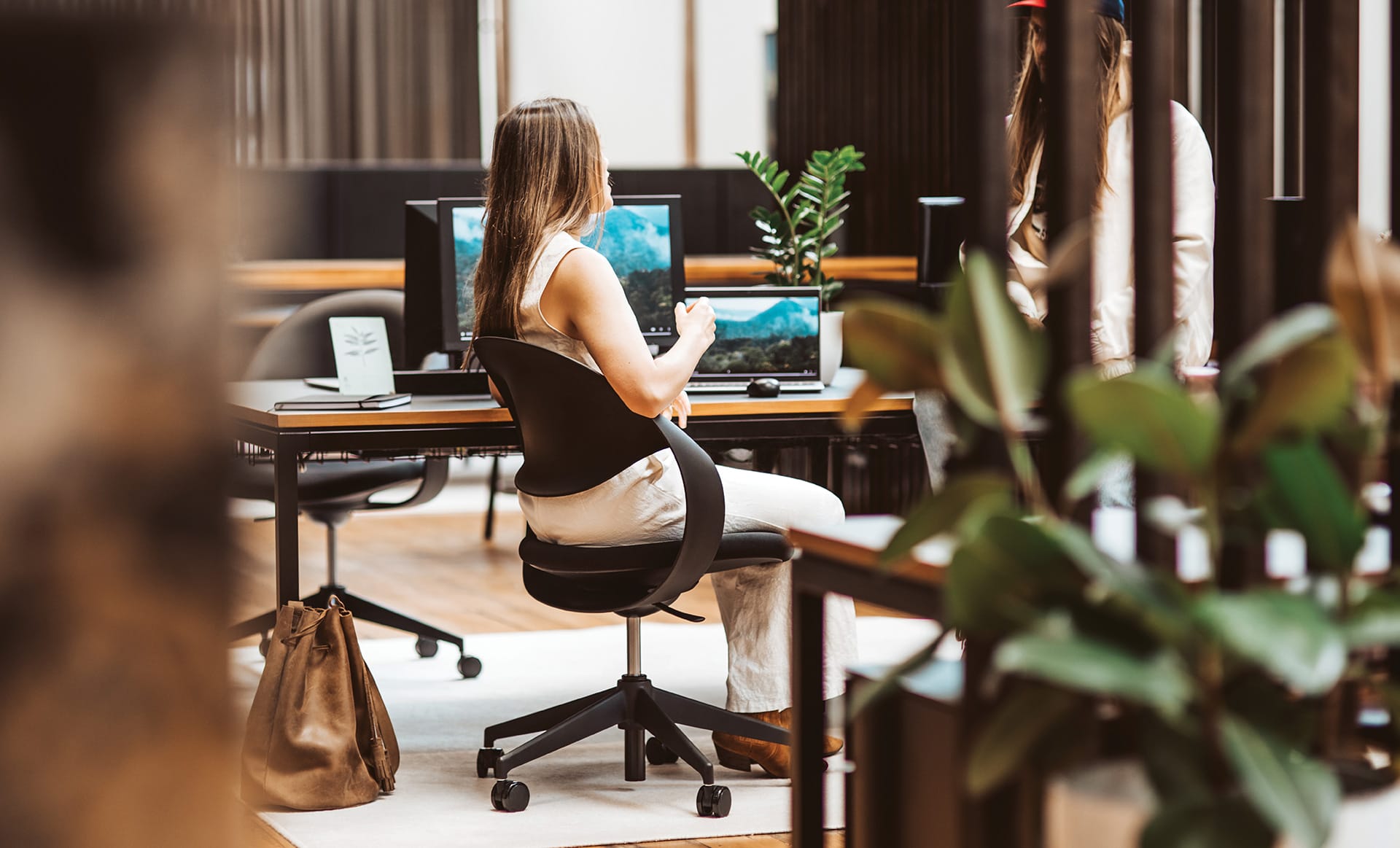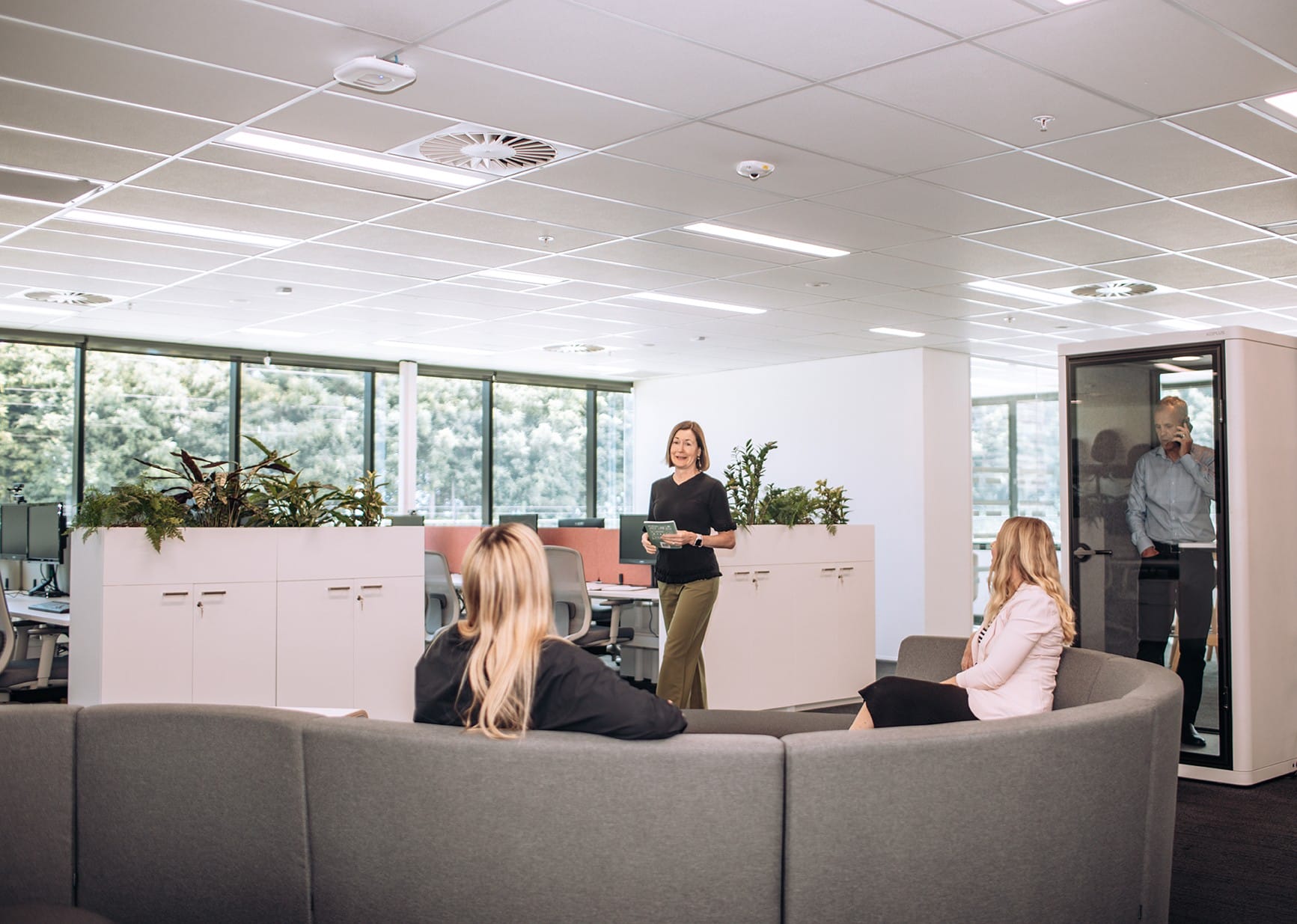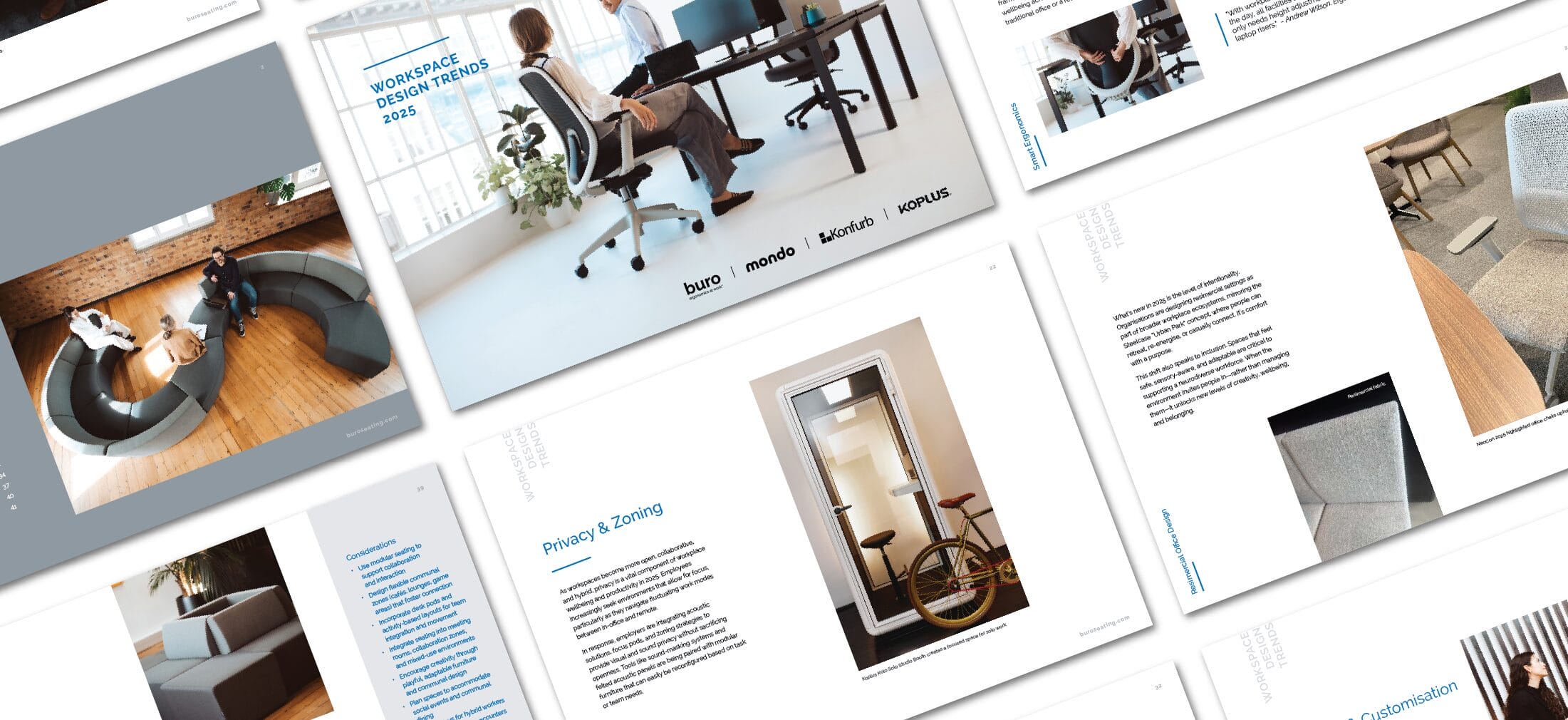To build a successful business, several ingredients are required, from the right strategy to the best equipment and workplace for staff. Increasingly, a positive workplace culture is also seen as a major driver of performance and wellbeing.
In this article, Jolene from our Marketing team talks with Sarah Friis of Key Talent Coaching about the importance of workplace culture, what it really means and how a strong culture can benefit employers and employees alike.
Jolene: How did you become a workplace culture expert?
Sarah: Human potential and development has always been my passion. I have a Masters in Psychology and have always loved learning about how people function. From university, I worked for a company that specialised in helping organisations create amazing cultures. I spent over 10 years there, travelling across the globe to places including Sweden and Egypt.
Jolene: What is the relationship between workplace culture and the productivity and satisfaction of employees?
People feel satisfied when they work with like-minded people, when they feel people ‘get’ them, and when they feel aligned to their employer. Workplace culture brings an organisation together, aligning people to something important. A culture has to support the ambition or strategy of an organisation; it can’t just be about having a nice time. It’s coming together over big ambitions and strategies. A culture has to be inspiring.
Jolene: At Buro, we have strong values: 'Play at the edge', which means keeping one step ahead, looking for ways to improve, and learning from successes and mistakes. We 'connect and collaborate'; respecting each other's strengths. We work together as one, try to have a bit of fun, and celebrate success too. Another is to ‘make it happen’, going the extra mile to earn loyalty and trust. How do your own values and principles align with those of Buro when it comes to creating spaces that promote both work and lifestyle balance?
Sarah: My professional values are all about courage and compassion. Connection is aligned with that as I am very people-focused. Personally, I value growth, pushing the edges, making something different, and moving things forward. I like ‘playing at the edge’, keeping standards high and always improving.
Jolene: What are the common challenges around workplace culture and how do you address them?
Sarah: Tough financial times are affecting organisational culture, because of restructures and uncertainty. People who remain after restructures often experience survival guilt, and companies can struggle to rebuild their culture. These organisations have to go back to basics.
Team culture isn’t about team building; you don’t have to spend money to create culture. The biggest impediment to changing culture is your current culture. As soon as you pull people together, you can create a culture.
Jolene: Can you share some key strategies or practices that are essential for fostering a healthy work environment?
Sarah: The heart of culture is about people coming together, and creating opportunities for people to come together. How do you do that in a meaningful way? What does it look like to be purposeful when we come together? Do we have a purpose that is meaningful enough for us to commute and leave our homes? If you ask these questions you’ll see the opportunities.
Jolene: Do any clients in your time as a workplace culture adviser stand out?
Sarah: About 15 years ago, we were invited to Fonterra as they wanted to take a fresh look at their values. They brought a group of people together who were considered the future leaders of the organisation. We asked them about what makes the company great, and what came through was its cooperative spirit. That was the essence and spirit of the organisation.
Jolene: What are the emerging trends or innovations in workplace culture that companies should pay attention to?
Sarah: Everyone's grappling with working from home versus working remotely. I don't think people have solved it yet because they are still working out how to bring people together in a meaningful way. Creating innovative workforces that think together requires creative and collaborative working environments.
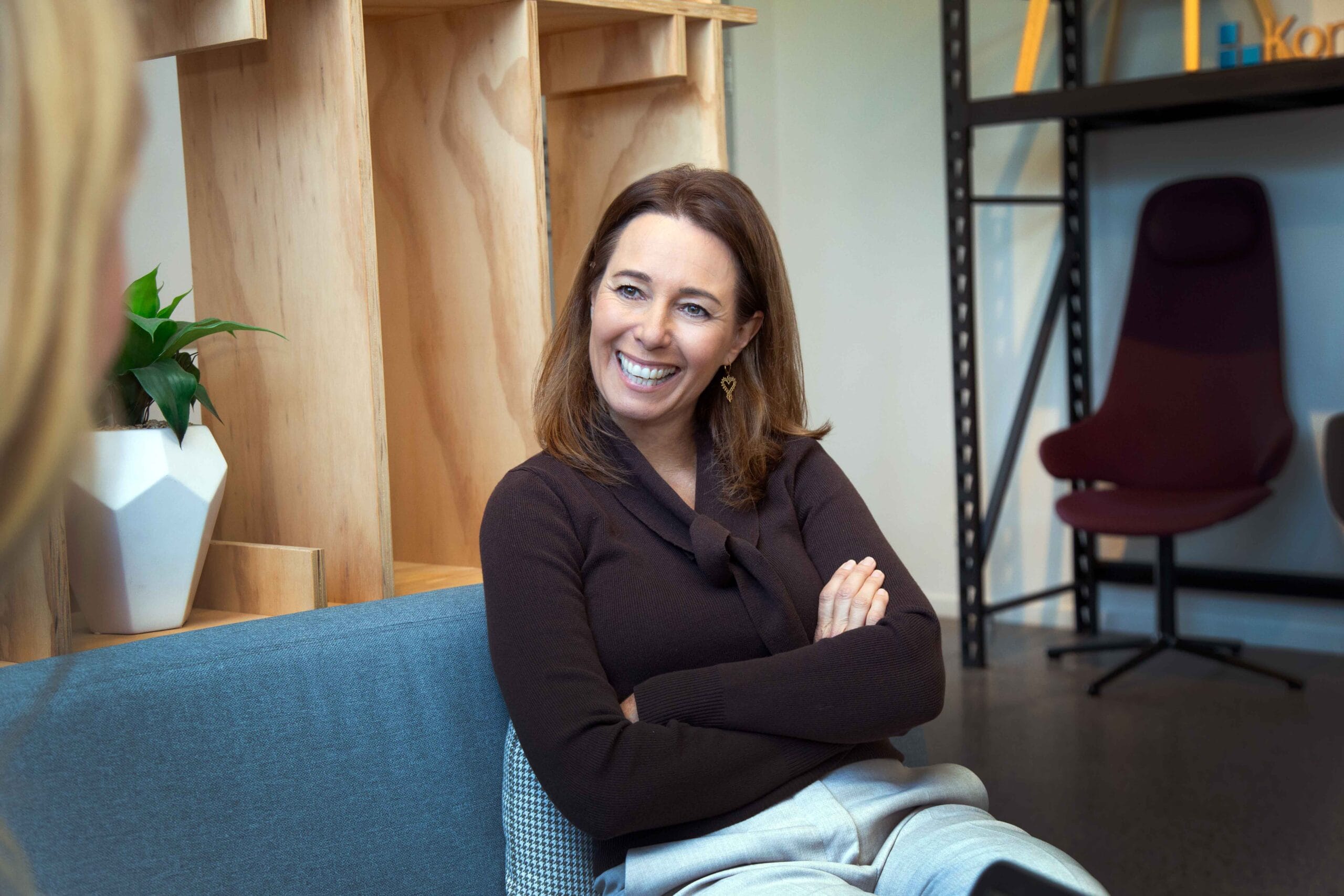

Jolene: Why is workplace wellbeing so important?
Sarah: It comes back to what makes us human. When we come together in a workplace environment, can those environments make us more collected, connected and collaborative, and a place we want to hang out? That’s what we want.
Jolene: Tell us about your journey and what inspired you to co-author your book, ‘The Power of Team’.
Over the years I have worked with organisations, helping to build great cultures, you could predict which teams would have great results, and which ones would not, based on how much their leaders cared about creating a team, and not just leading individuals to get the job done.
Successful leaders provided opportunities for meaningful connection and clarity and did this deliberately and repeatedly. These two elements are the fundamental building blocks of high performance in teams and a thriving culture. I was inspired to write a very practical handbook for leaders so that they can apply these learnings.
Jolene: What role does physical workspace, such as seating and office design, play in enhancing workplace wellbeing?
Sarah: To maximise workplace wellbeing, a workspace must cater for both solo/thinking/quiet spaces and creative/collaborative/social spaces. We can get the solo space at home but we can't get the creative/collaborative and social. People need somewhere to get their job done, but somewhere that combines the solo and collaborative elements.
Jolene: How can organisations prepare for the challenges of the future?
Sarah: Understand how AI can help us solve the mundane parts of our jobs so that we can replace these with more creative, strategic and growth-oriented challenges. Look at how and when we come together in teams, and decide what would be most beneficial to collaborate on.
Understand the real challenges that humans face at all stages of life (social justice, dating, marriage, parenting, menopause, retirement) and find ways to help meet these human needs.
Jolene: What advice would you give to new teams or startups looking to build a strong, healthy workplace culture?
Sarah: Understand your whakapapa - who came before you, what your time in the sun is, your legacy, and the mission tasked to you.
Uncover a set of values (three max) that are important to you collectively. When you come together to achieve these values, what is the most important?
Learn about each other and what's important to each of you individually. What are your unique values, your history, your legacy, and your dreams? Find out what makes you the same — and what makes you different.
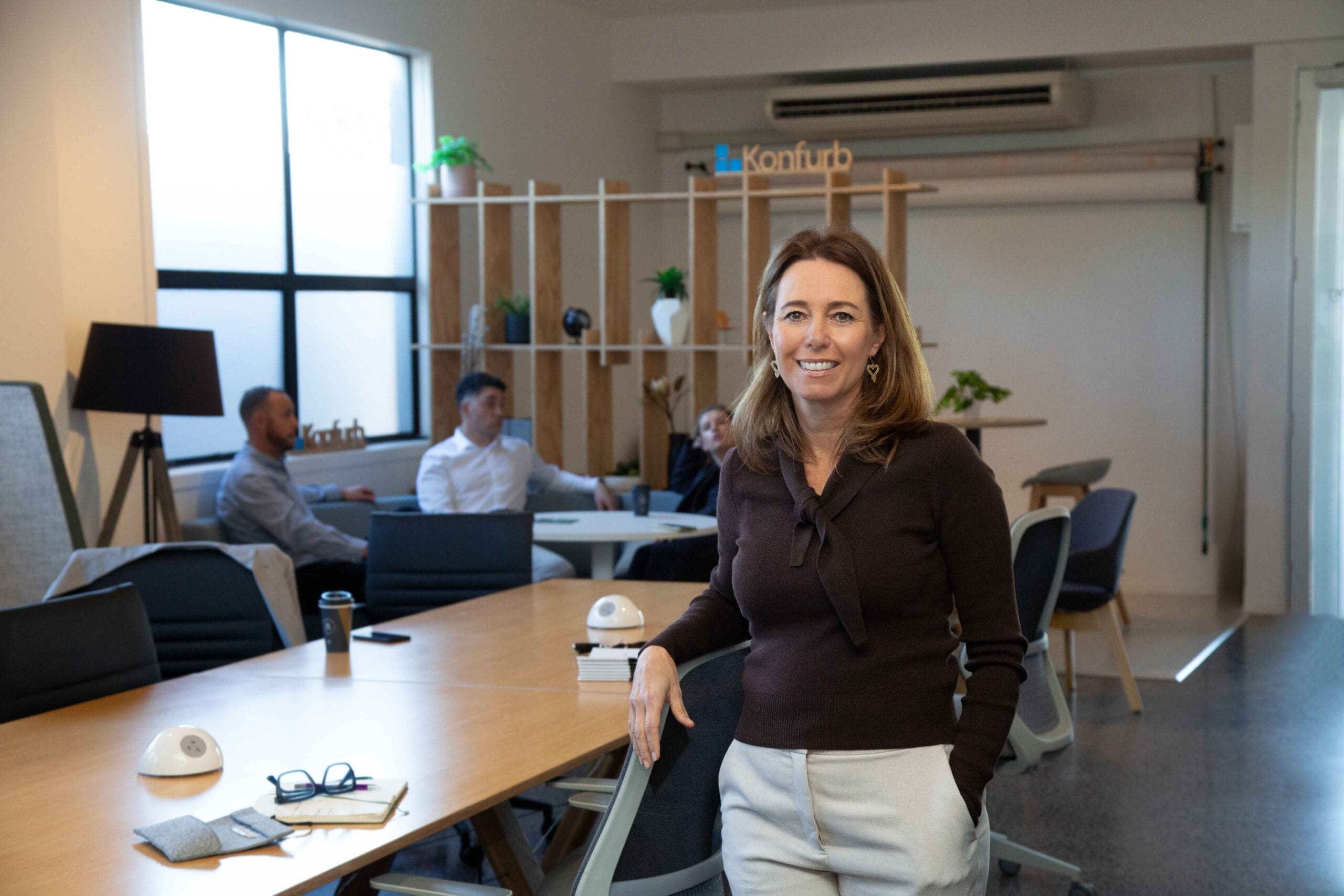
The right office furniture can be a key part of a thriving workplace culture, helping employees to feel cared for and to take pride in their work environment. Ergonomic designs, like the Mondo Lypta desk paired with a syncro mech chair such as the Buro Elan, make a healthy workstation. While collaborative soft seating like the Konfurb Arco Series help to build culture by creating more spaces the promote connection.
